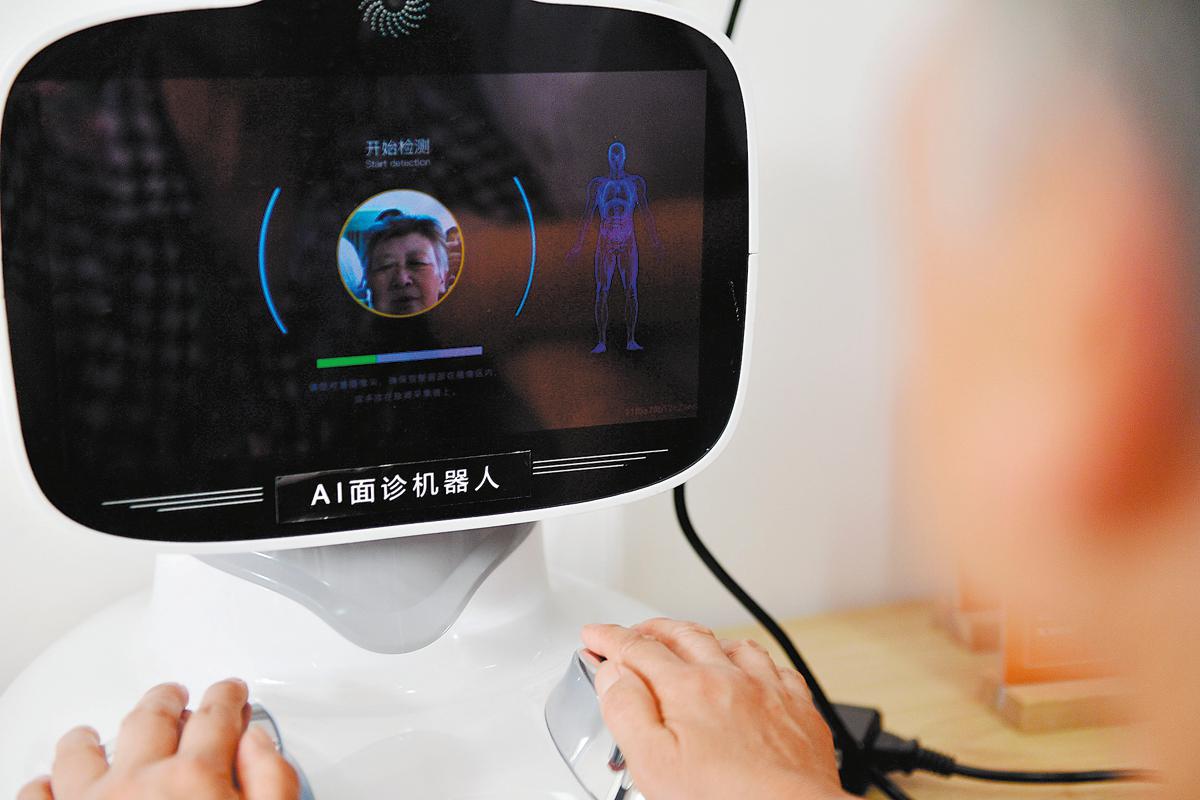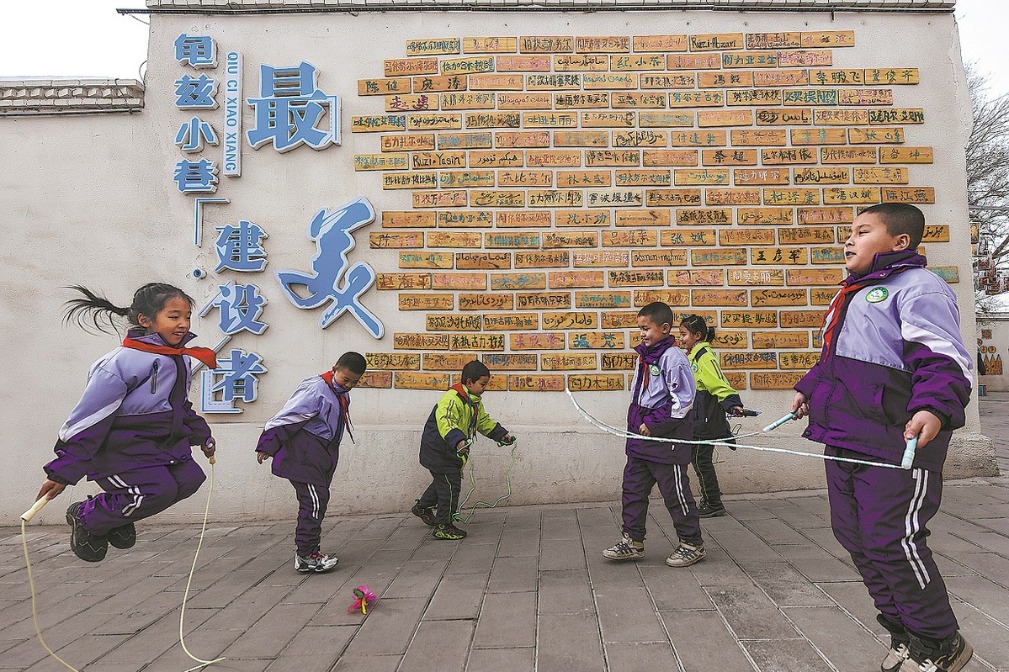Elderly care gets robot trial boost
Helping families, firms to offer robotic nursing as population rapidly ages


China plans to launch a program that will allow companies to provide robotic nursing products on trial basis to homes, communities and nursing facilities for the elderly from 2025 to 2027, according to a notice from two central departments released on Monday.
The Ministry of Industry and Information Technology and the Ministry of Civil Affairs said the program aims to improve the quality of life for elderly residents, ease family caregiving burdens and inject additional staffing capabilities to nursing homes.
Companies and research institutes will be able to apply to the program, which requires trial periods of at least six months in families, communities or nursing homes. For family-based tests, at least 200 robots must be provided to 200 families. Trials in residential communities or nursing homes must include at least 20 robots in 20 sites.
The notice encourages companies, research institutes and volunteering families, communities and nursing homes to jointly develop evaluation standards for robotic nursing services. These standards will be based on safety, adaptability, efficiency and cost analysis.
Nursing homes that have no record of incidents of safety or legal violations in the past three years are eligible to apply. Companies must have mature solutions targeting elderly care, mass production capabilities for robots and assistive devices, and a strong talent and technology base.
Companies and research institutes must ensure their products are tested and certified. They also must have the capacity to manage risks and respond to emergencies. Maintenance staff members must be stationed at the trial sites and are required to be trained regularly.
Products must feature advanced technology and have no intellectual property disputes.
Robot makers, assistive device companies, universities, research institutes and nursing homes are encouraged to form alliances to participate. Local authorities are required to recommend and report suitable applicants to the two ministries before July 10. The ministries will then announce the final list after a strict review and evaluation process.
After qualification is confirmed, companies and voluntary trial sites will have two years to complete the program. Officials from the two ministries will evaluate the results.
Local authorities are encouraged to provide supportive policies and offer financial and resource incentives to participants. Qualifications will be revoked if safety risks, accidents or legal violations occur, the notice said.
By the end of last year, China's population aged 60 and above surpassed 300 million, accounting for 21 percent of the total population, according to data from the National Bureau of Statistics. Over 220 million of them were aged 65 and older, representing more than 15 percent of the overall population.
The National Health Commission estimates that by around 2035, China's senior population will exceed 400 million, constituting over 30 percent of the total population.
chengsi@chinadaily.com.cn





































